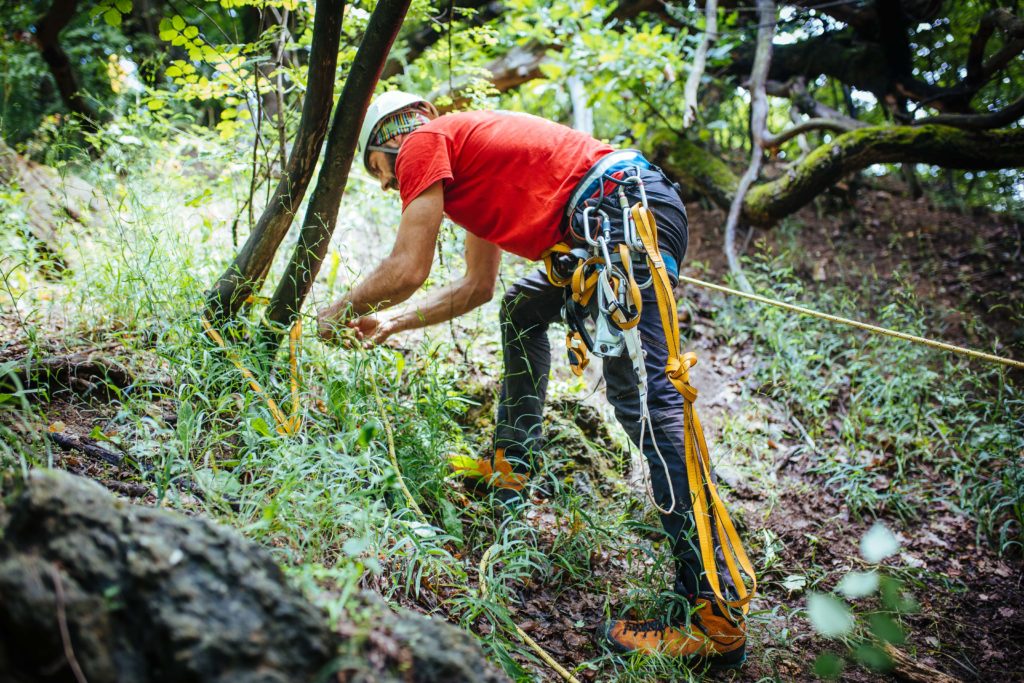Filling the L.A.S.T. Gap
Additional Training For Wilderness First Responders & Wilderness Emergency Medical Technicians.

We take great pride in our wilderness medical programs; classes are comprehensive, based on real-world experience, and designed for outdoor enthusiasts alike. However, for complicated rescues in the wilderness, there is a gap.
L.A.S.T.: Locate, Access, Stabilize, & Transport is an acronym widely used in the search and rescue community to describe the components of a complex rescue operation. Our medical programs focus primarily on stabilizing the patient. During WFR and WEMT courses, we are simply unable to expand on the other three components enough to provide a reasonable understanding.
We have developed this new program to offer more extensive training on the other pieces of the larger puzzle: locate, access, and transport. Let’s take a closer look at what the itinerary for L.A.S.T. Training focuses on.
Day One & Day Two:
These days will focus on the medical recertification for Wilderness First Responders and Wilderness EMTs. If you do not need to recertify, you will join us on Day Three.
Day Three:
Focused primarily on land navigation, participants will learn to navigate with and without a compass, map reading, GPS, lost person behavior, search, and basic tracking skills.
Day Four:
Participants will study rope rescue techniques, knots, low and high angle rescues, rappelling, mechanical advantage, and raises & lowers. Day four will include a medical and technical night rescue scenario.
Day Five:
During a full-day scenario participants will practice all skills covered during this course. The day will begin with a witness interview, selection of search area and equipment, and transportation of the rescue team to the site. The scenario will include systematic search, accessing the patient, medical assessment, stabilization and transportation to a trailhead. This will be a demanding 6+ hour rescue event.
This is the most advanced training that SOLO Southeast offers civilians, and is considered a physically strenuous course. Becoming fully-certified in Search & Rescue, Tracking, and Ropes Rescue requires hundreds of hours of training. L.A.S.T. training is intended to offer an introduction of the learned skills and to give participants the ability to assist in rescue operations.
2020 participants in L.A.S.T. Training will receive substantial savings with our introductory pricing. Click here for course details, cost, and dates!
